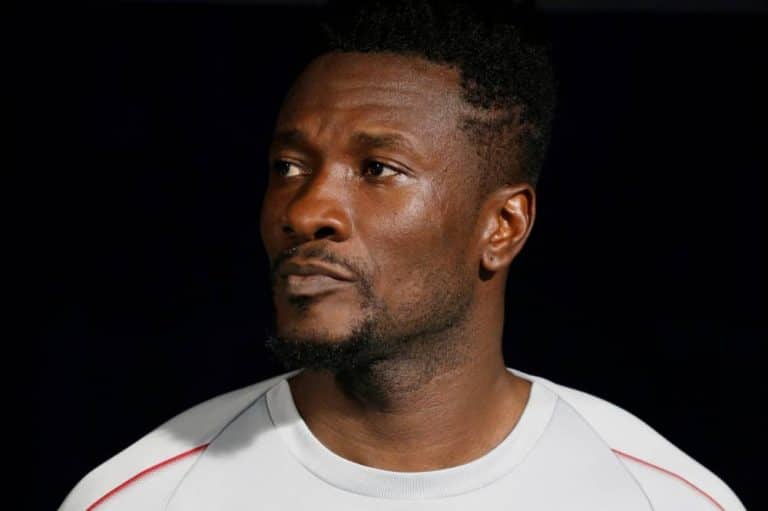Ghana’s Asamoah Gyan reveals desire to replay painful 2010 World Cup clash with Uruguay

Asamoah Gyan has opened up about the match he would most want to relive in his career, pointing to Ghana’s agonising 2010 FIFA World Cup quarter-final defeat to Uruguay as the most emotionally wrenching moment of his footballing journey.
The former Black Stars captain, widely celebrated as one of Africa’s greatest-ever strikers, reflected on the infamous encounter in Johannesburg, where Ghana stood just a penalty away from becoming the first African nation to reach the semi-finals of a World Cup.
Speaking candidly, Gyan said the psychological burden of that night still lingers more than a decade later.
“If I could replay one game in my life, it would be the one against Uruguay,” Gyan admitted.
“The most poignant moment of my career on the pitch was that final whistle. It wasn’t so much the missed penalty that broke me, but what followed after the penalty shootout.”
The match in question remains one of the most dramatic in World Cup history. With the score level deep into extra time, Ghana were awarded a penalty after Luis Suárez blocked a goal-bound header with his hand on the line.
Suárez was sent off, and Gyan stepped up to take the penalty that would have propelled Ghana — and Africa — into uncharted territory.
The striker’s effort, however, cannoned off the crossbar. The match went to a penalty shootout, where Uruguay ultimately prevailed.
While that missed penalty has often been replayed in discussions surrounding the game, Gyan revealed that it was not the moment of the miss itself that left the deepest scar.
“It wasn’t just my story — it was the story of an entire continent,” he said. “We were one breath away from a historic achievement. And to lose it like that… it remains a raw wound.”
Gyan’s words laid bare the emotional toll of carrying the hopes of millions. His penalty miss became an enduring image of heartbreak in African football, but he insists the aftermath — the collective grief and sense of loss — was even more profound than the miss itself.
Despite that painful night, Gyan’s career is remembered for far more than one moment. He is Ghana’s all-time leading scorer, having netted 51 goals in 109 appearances.
His exploits at World Cups and Africa Cup of Nations tournaments, as well as a club career that spanned continents, have secured his place among the pantheon of African football legends.
Nevertheless, for Gyan, that night in Johannesburg remains unfinished business. The desire to rewrite history, not just for himself but for an entire continent, still burns brightly.
Now retired from international football, Gyan continues to be a revered figure in Ghana and across the African football landscape.
Yet his reflections on the 2010 quarter-final serve as a reminder of just how close Africa came to a historic breakthrough — and of the enduring emotional weight carried by those who came closest to delivering it.












